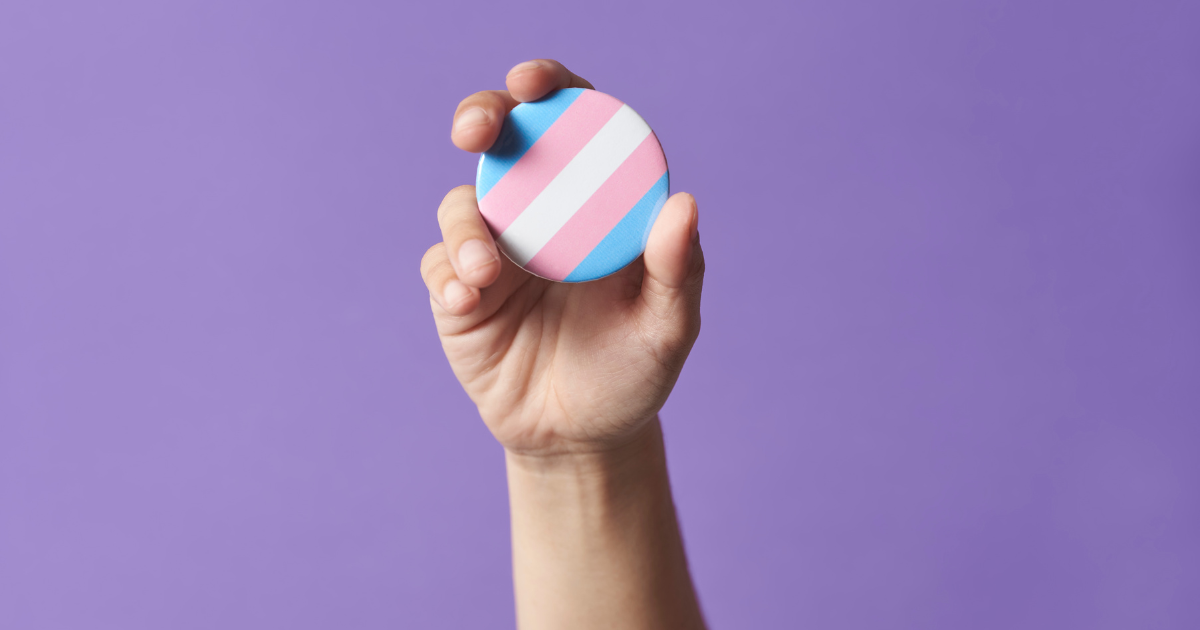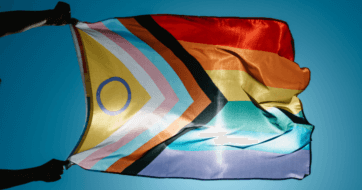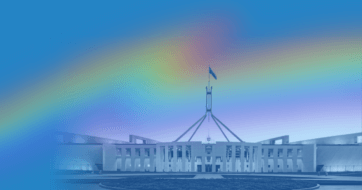15 August 2019 - The Victorian Legislative Assembly (lower house) has today passed an amendment to the Births, Deaths and Marriages Registration Act 1996 (Vic) removing barriers for trans and gender diverse people changing the legal gender on their birth certificates.
The Bill passing this first hurdle follows a rally at Victorian Parliament yesterday (photos available here).
Transgender Victoria spokesperson, Sally Goldner, said it’s “One step on the way to birth certificate equality”.
Spokesperson for YGender, Kochava Lillit, said “Birth certificate reform is a vital step for trans rights. Trans activists have been working hard to make birth certificates more trans-inclusive and now we need everyone to help make sure that the upper house passes this bill too.”
Sage Akouri^ from Equality Australia said “My human right to identity documents that reflect who I am should never have been debated in Parliament.
“Changing my sex on my birth certificate gives me a sense of safety that I’ve never had before”, said Akouri.
“A birth certificate is the first document a person has – it says who you are, and where you belong. Being forced to use ID that doesn’t match your identity creates daily problems when applying for a job, going to Centrelink or enrolling to study”, said Anna Brown, Chief Executive of Equality Australia.
“We still face a fight in the Legislative Council – and we’ll be contacting those MPs to let them know how important this reform is”, concluded Ms Brown.
The Bill will now move to the Legislative Council where a final debate and vote will take place next week.
Media Contact: Tara Ravens 0408 898 154, tara.ravens@equalityaustralia.org.au
BACKGROUND:
The current law in Victoria
Currently, a person born in Victoria can only change the sex on their birth certificate if they:
- have undergone “sexual reassignment surgery”
- can provide statutory declarations from 2 medical practitioners verifying their surgery, and
- can only be recognised as “male” or “female” on their birth certificate.
In practice, this means that children under 18 generally can’t change their legal sex. The current law already ensures that a new birth certificate must not state the person’s previous name or sex, and the Registrar can already issue a birth certificate which leaves the sex field blank, or without a sex field listed on the birth certificate entirely.
What will the Bill do?
The Bill will remove these barriers for trans and gender diverse people wanting to change the legal sex on their birth certificate.
An adult has to provide a supporting statement from an adult who has known them for at least 12 months stating that they believe the application is made in good faith and that they support the application.
The Bill also removes practical barriers to children under 18. Parents applying on their child’s behalf must provide a statutory declaration, and a supporting statement by a ‘prescribed person’ (e.g. a doctor, psychologist or other person prescribed by regulations) confirming that the application is in the child’s best interests. If the child is under 16, these statements must also confirm that the child has the capacity to consent. Where parents disagree, the dispute will be resolved by a Magistrate’s assessment of what is in the child’s best interests.
The Bill will allow people to self-nominate the legal sex on their birth certificate, including a range of gender diverse and non-binary descriptors of their choice, provided that the term used is not obscene, offensive or reasonably established as a sex descriptor.



